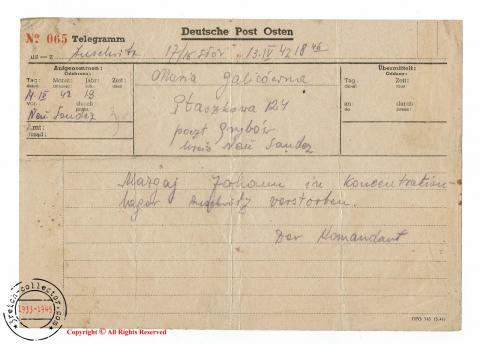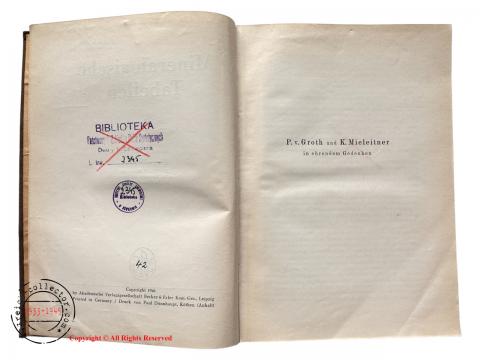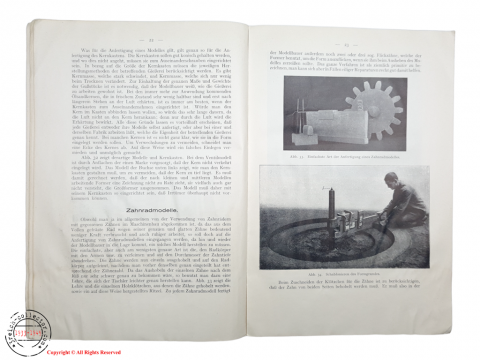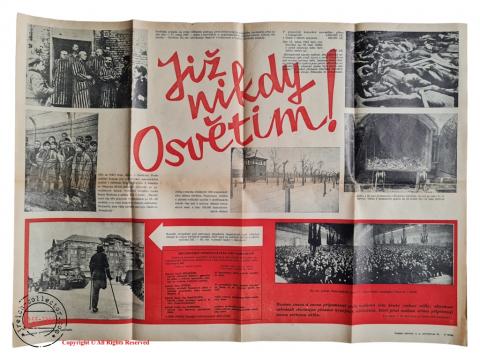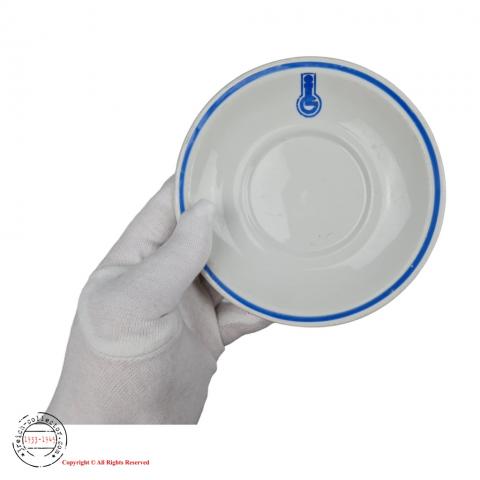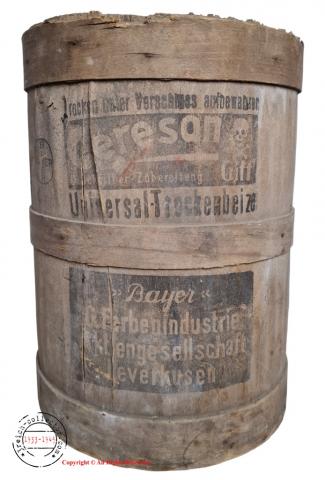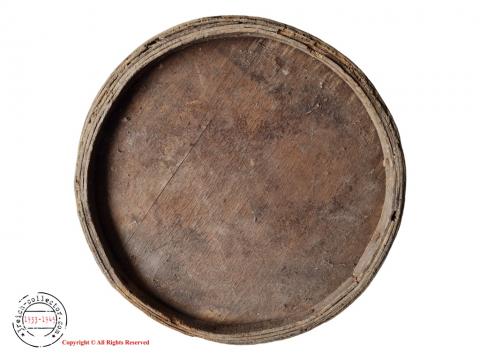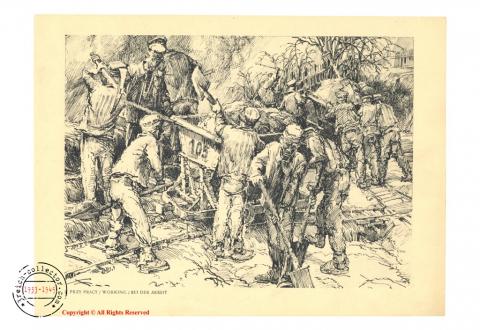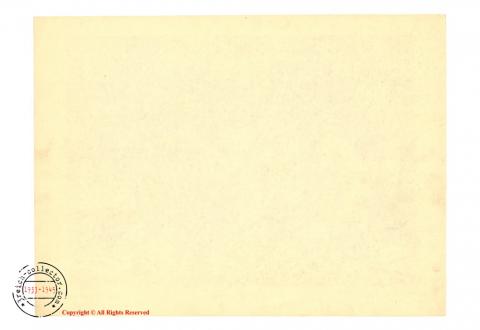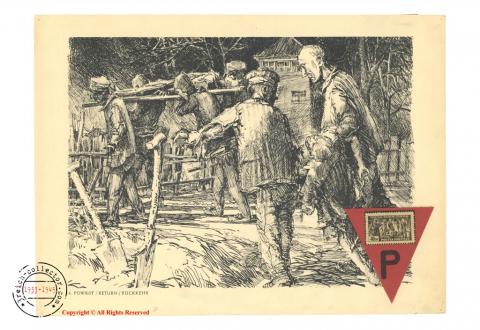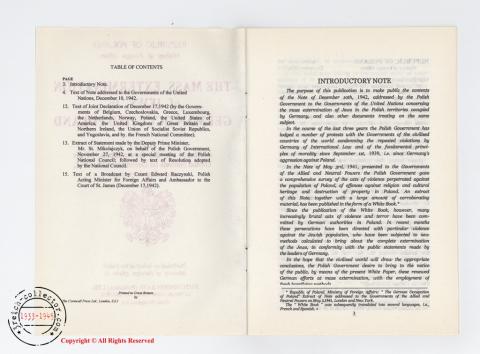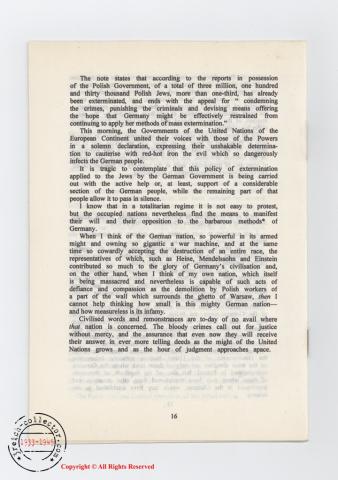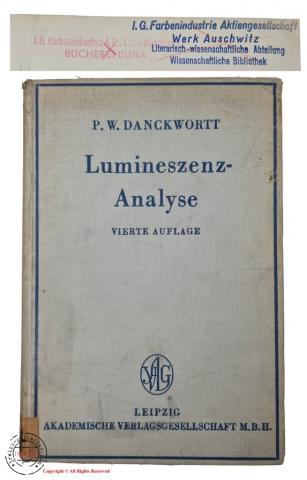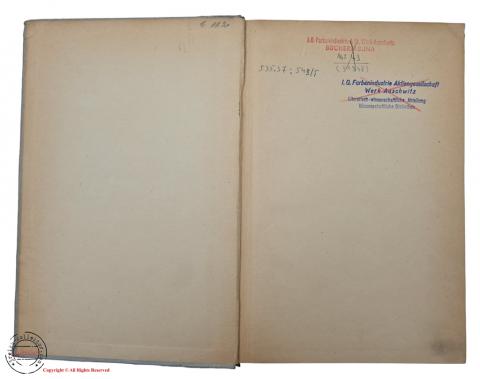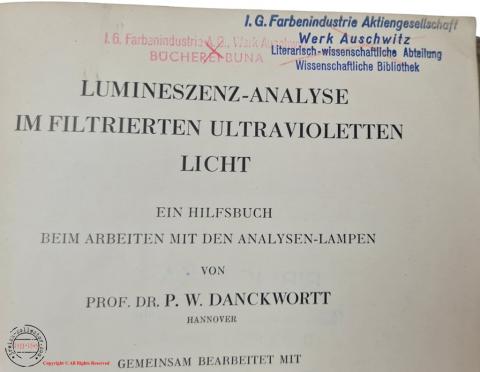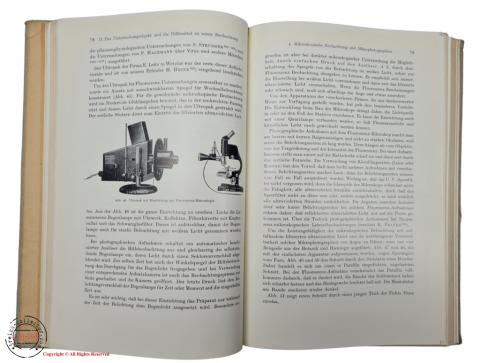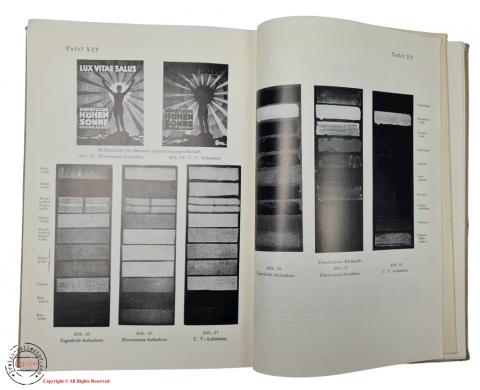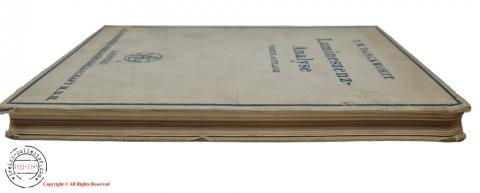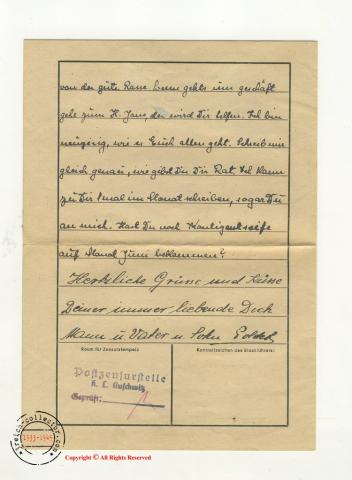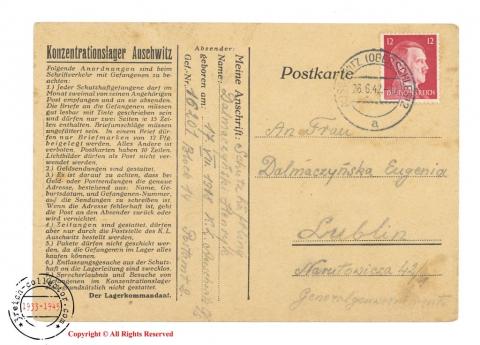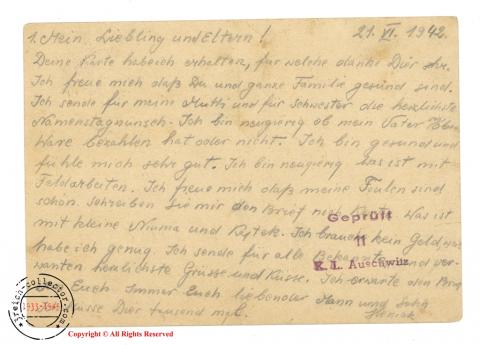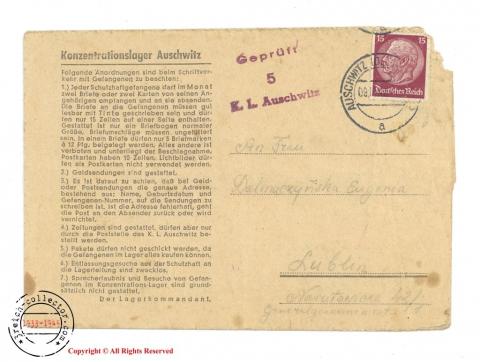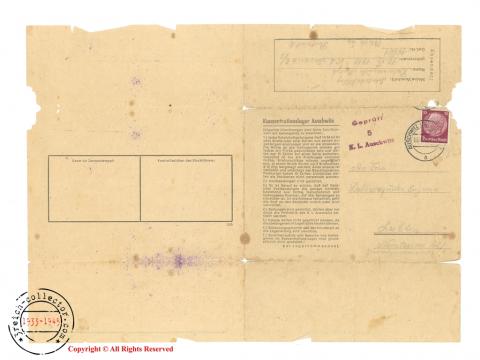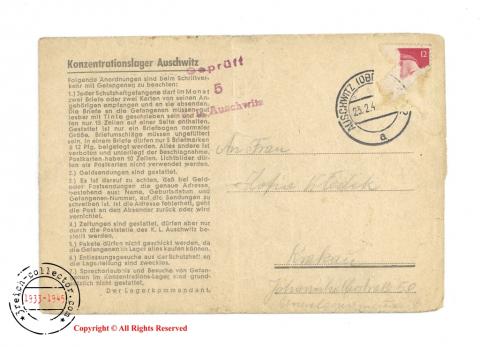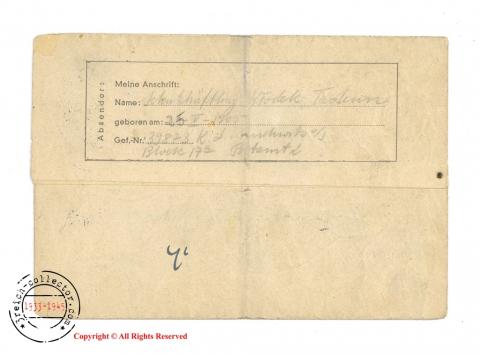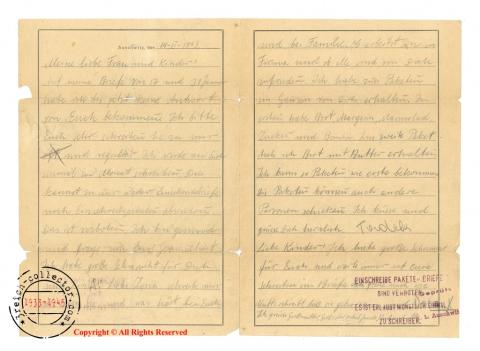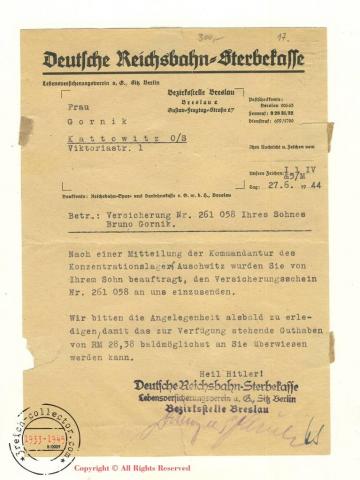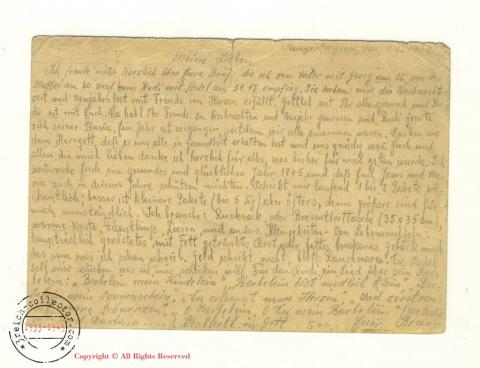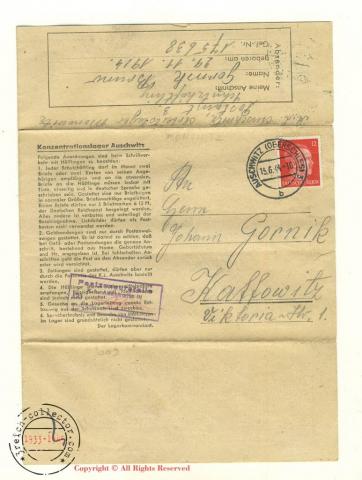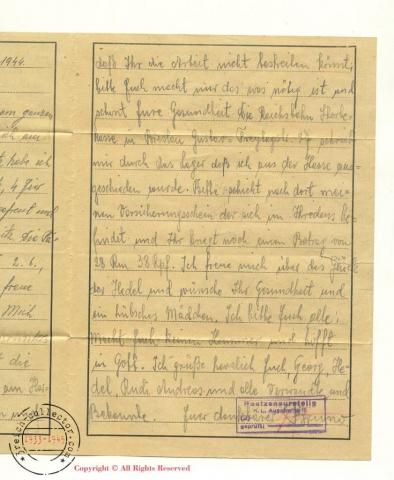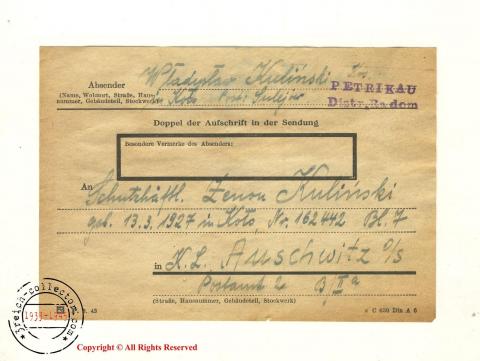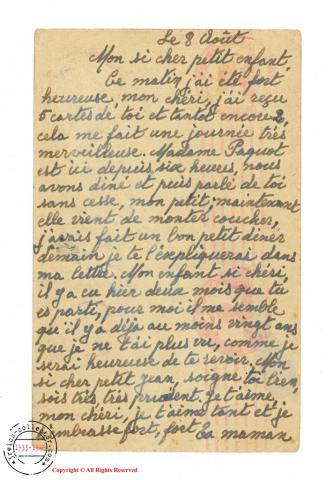We will jointly agree on the remaining payments as it will be easier for you to repay.
Auschwitz


In the course of the war, the camp was staffed by 6,500 to 7,000 members of the German Schutzstaffel (SS), approximately 15 percent of whom were later convicted of war crimes. Some, including camp commandant Rudolf Höss, were executed. The Allied Powers refused to believe early reports of the atrocities at the camp, and their failure to bomb the camp or its railways remains controversial. One hundred and forty-four prisoners are known to have escaped from Auschwitz successfully, and on October 7, 1944, two Sonderkommando units—prisoners assigned to staff the gas chambers—launched a brief, unsuccessful uprising.
As Soviet troops approached Auschwitz in January 1945, most of its population was evacuated and sent on a death march. The prisoners remaining at the camp were liberated on January 27, 1945, a day now commemorated as International Holocaust Remembrance Day. In the following decades, survivors such as Primo Levi,Viktor Frankl, and Elie Wiesel wrote memoirs of their experiences in Auschwitz, and the camp became a dominant symbol of the Holocaust. In 1947, Poland founded a museum on the site of Auschwitz I and II, and in 1979, it was named a UNESCO World Heritage Site.
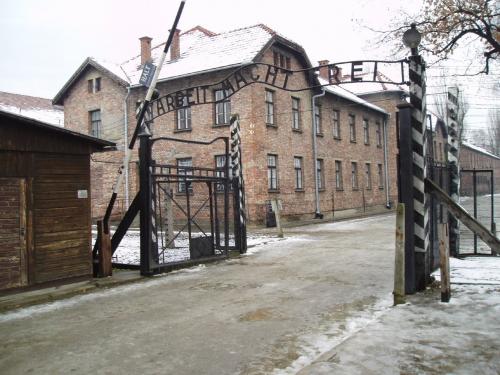
The ideology of Nazism brought together elements of antisemitism, racial hygiene, and eugenics, and combined them with pan-Germanism and territorial expansionism with the goal of obtaining more Lebensraum (living space) for the Germanic people.[10] Nazi Germany attempted to obtain this new territory by attacking Poland and the Soviet Union, intending to deport or kill the Jews and Slavs living there, who were viewed as being inferior to the Aryan master race.[11] After the invasion of Poland in September 1939,
German dictator Adolf Hitler ordered that the Polish leadership and intelligentsia should be destroyed.[12] Approximately 65,000 civilians were killed by the end of 1939. In addition to leaders of Polish society, the Nazis killed Jews, prostitutes, Romani, and the mentally ill.[13][14] SS-Obergruppenführer (Senior Group Leader) Reinhard Heydrich, then head of the Gestapo, ordered on September 21 that Jews should be rounded up and concentrated into cities with good rail links. Initially the intention was to deport the Jews to points further east, or possibly to Madagascar.[15]
